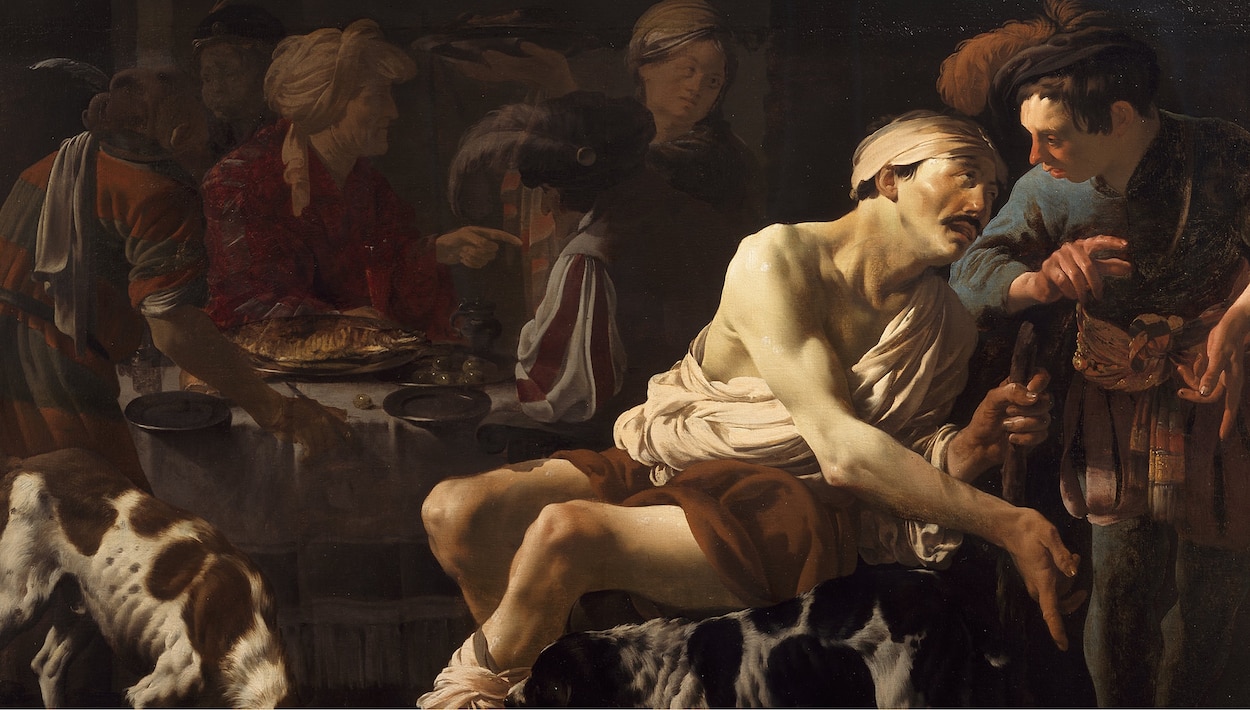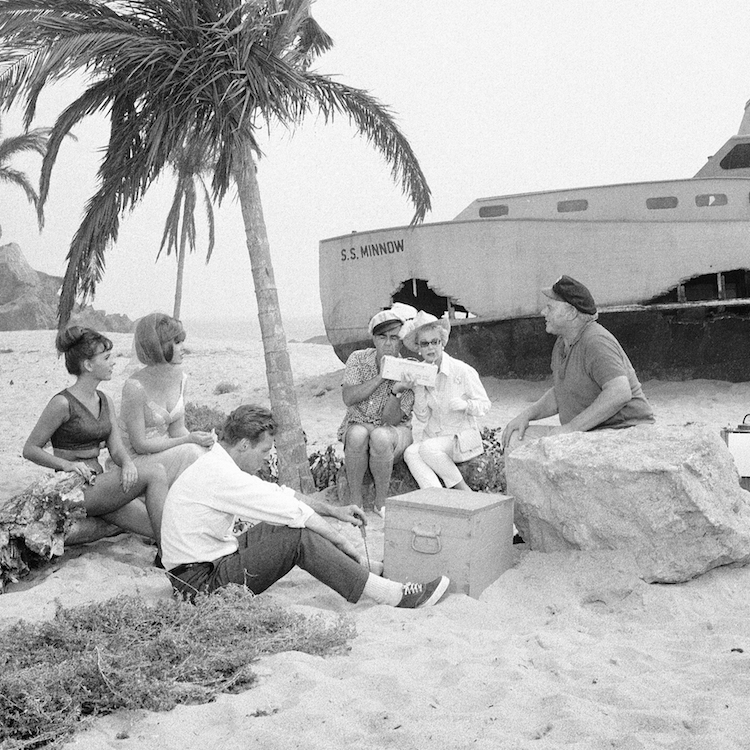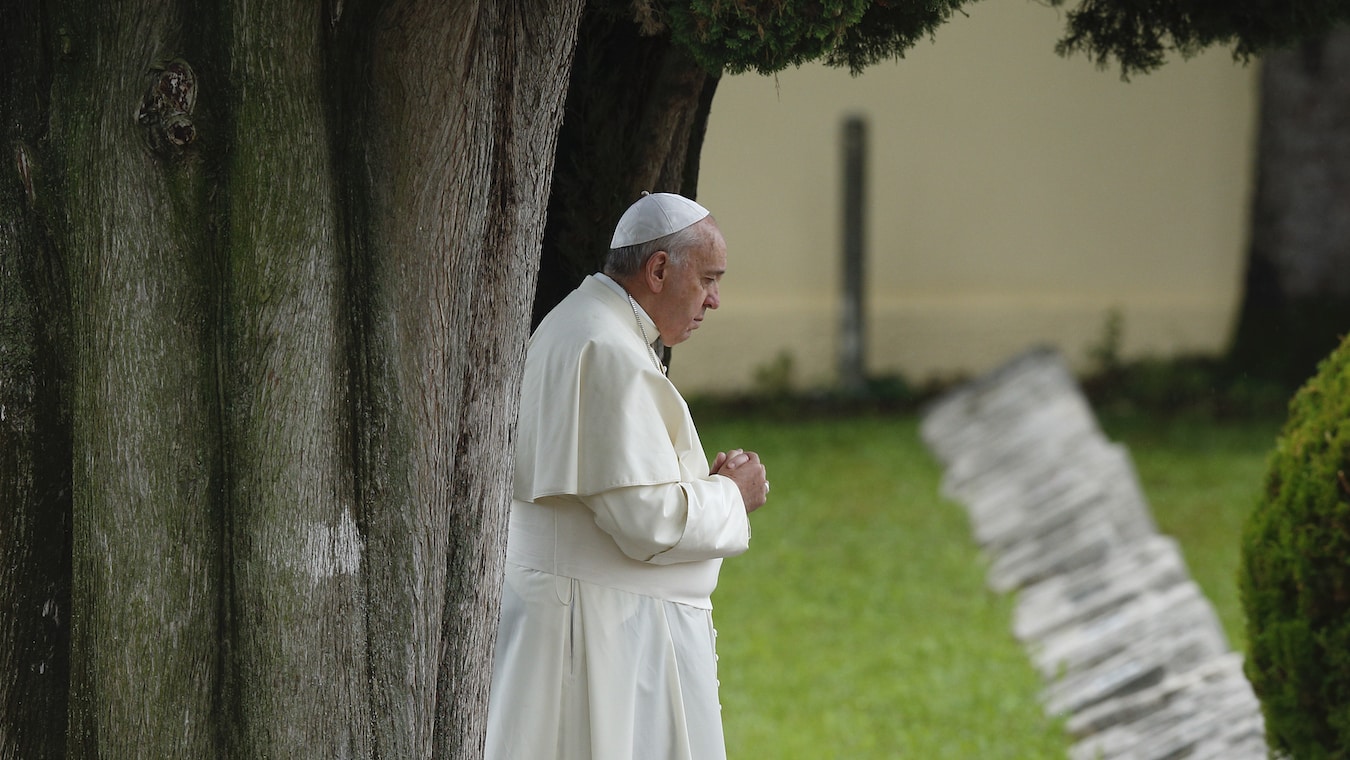It is amazing to see how God’s Word is always calling us in the concrete, real situations in which we live so that, through it, we may find meaning, purpose, comfort and guidance. Simply put, every time we gather to do Eucharist, we experience God sharing in our daily life so that, through faith, He may lift us up to live in His endless present.
On recent Sundays, we have found our God intent on sharing not only in our joys but also in our darkness, our pain, our losses. The readings for the 26th Sunday in Ordinary Time are no exception. Through St. Paul’s pen, God tells Timothy (1 Timothy 6:11-16) and us that we are in it for the long haul: We are to keep the commandment without stain or reproach until the appearance of our Lord Jesus Christ.
Now, if we believe that, in Christ Jesus, our God shares in our predicament to lift us to share also in his victory, we should believe that we are called to uproot evil both without ourselves (evil easily identifiable) and also evil within our hearts. The defeat of evil without, i.e. horrific realities like war, terrorism, genocide, exploitation of people is just the obvious goal for any decent and dedicated society, yet there is a more subtle type of evil that can lurk in the deepest recesses of our hearts. And, let’s not forget that the call to steadfastness, perseverance and patient endurance comes to us within the context of the Sacrifice of the Cross. Within this context, the quality of our mettle, our temper, and our character will be on full display.
In our first reading, the prophet Amos (6:1, 4-7) exposes the caricature mettle that the complacent of Zion displayed back then. How they showed their softness when faced with impending danger; and how, because of that softness, they were doomed.
In preparing for the long haul, the older we get the more we should be convinced of the crucial need for self-sacrifice, self-discipline, for cutting down on things we take for granted, for making do with less, for inconveniencing ourselves in order to toughen up. Well, honestly, how many of us are hardened by life’s struggles? How many of us are confident to be able to tackle adverse conditions? How many of us can remain undaunted by hardships because they have already past grueling tests?
Our passage from the Gospel of Luke (16:19-31) reminds us that our mettle, that our temper, that our character will be tested from within before being tested from well-identified enemies without. Clearly the rich man was a softy: so totally self-absorbed that he could not see Lazarus, the closest victim of the toughness and unfairness of life. It is interesting to note how he remains nameless because, by choice, he had decided to be a non-entity. Think of what a caricature of life he had picked for himself, by dressing in purple garments and fine linen and by eating splendidly every day. That was his life in a nutshell! Evidently, if one doesn’t allow the commandment of love to well up from within, one becomes a non-entity, bored to death by a relentless pursuit of the best things this world has to offer. Such ill-fated aloofness will make the void of the heart bigger and bigger.
Yet, this is the life which nameless people tend to choose for themselves. Predictably, they erect a fence, a wall between themselves and the Lazaruses, the victims of life’s cruelty, who are closest to them. Notice how an empty life, void of self-sacrifice and character, perpetuates its insignificance even after death, even after being sealed in doom.
The nameless rich man still considers Lazarus a worthless gofer: Father Abraham, send Lazarus to dip his finger in water…Father Abraham, send Lazarus to warn my brothers…. By contrast, Abraham, who was a wealthy man, acquired the name in which all nations of the world are blessed because of his faith and character. Therefore, Abraham can point out that if one has erected fences to protect his comfort zone on earth, eventually those fences will become a chasm that nobody can cross.
Ultimately, those who choose lives as non-entities, in self-absorption and indifference towards others are kept by the barriers they have erected from partaking of the eternal banquet of heaven.
The picture is clear: in Baptism, we are given a name that reveals to us not only our dignity as children of the same Father, but also a tall challenge to spend our life tearing down barriers and sharing, and drawing closer to others, and caring, and sacrificing ourselves for their wellbeing. Just about anybody, in the spur of the moment, can be generous, loving and caring—for a short while.
The quality of our character, however, is measured by the continuity of our resolve and of our self-giving under the most demanding of circumstances. When very disheartening tragedies strike, people of good will pool their energies and resources and set out to accomplish great feats. Yet it is seldom a completely nice picture of sharing and caring. We might learn of cases of pettiness and selfishness, like looting, cheating and corruption: attitudes and actions that tarnish our national image and force us to take a closer look inside our heart. These cases are a somber reminder that evil and indifference can creep up in any heart—ours included. Furthermore, we should also keep in mind that our habitual giving and caring must not keep us from helping those that have been lying at our door for the longest time and whom we might have overlooked because they have been made invisible due to the little or no value assigned to them by us or by someone else.
No matter how informed we keep ourselves and how much we are aware of pressing needs, there are always some other barriers to be knocked down. That is why the Lord calls us, again, around his Table. By eating his flesh and drinking his blood we are about to become like him. So, we pledge to make a name for ourselves; we pledge to knock down all remaining walls and thus rekindle our hope of sharing in the comfort and blessings that Lazarus is enjoying with all those who have led meaningful lives on this earth.








